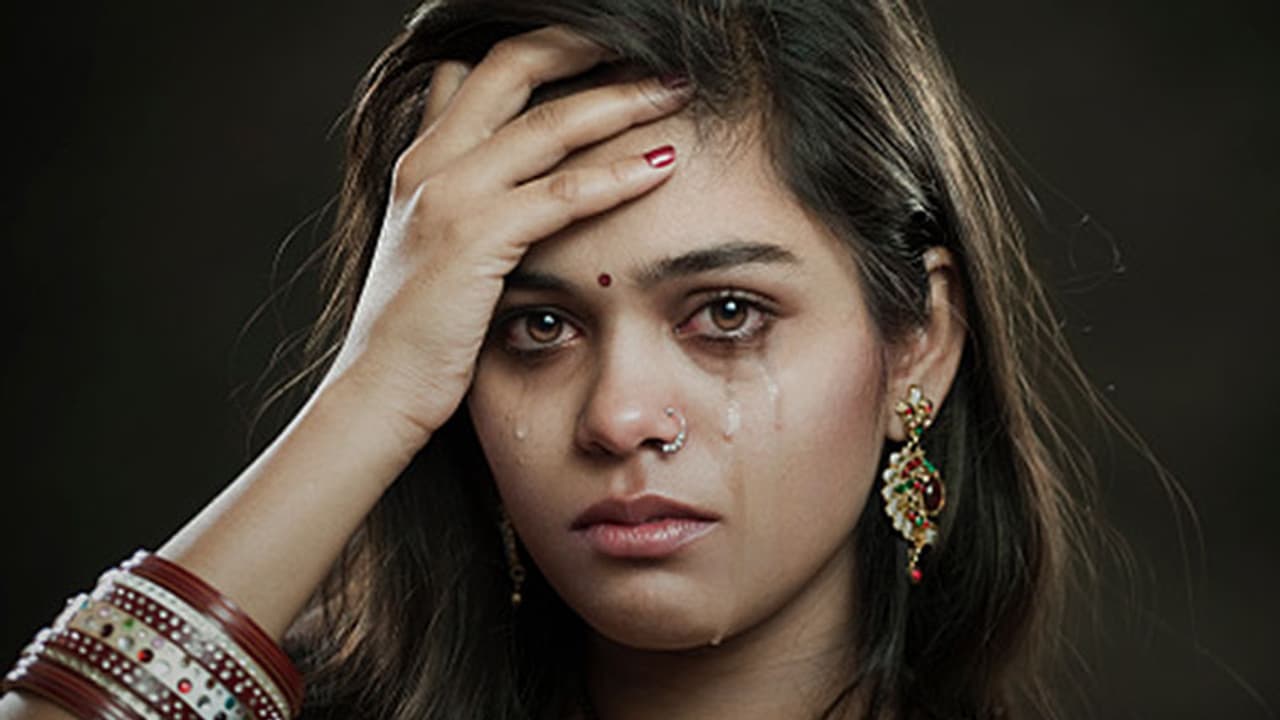The previous ruling on dowry cases directed police not to arrest the accused until there is a confirmation report by the investigating committee. The court had said that Section 498 A was widely abused by distraught women. However, a separate bench is now assessing the cons of the ruling.
Just two months after SC's ruling of stopping immediate arrests of husbands or partners on the basis of dowry harassment complaints, a bench is now re-considering the cons attached to it. While hearing a plea filed by an NGO 'Nyayadhar', an organisation of women advocates from Maharashtra, who sought the revival of Section 498 A, which they said has now become "useless".

On July 27, a Bench of Justices A.K Goel and U.U. Lalit had concluded that Section 498 A was being frequently abused by distraught wives. Complaints are often filed at the heat of the moment and innocent relatives, including aged parents, siblings and grandparents are being harassed. The bench's judgement had directed the ‘Family Welfare Committees’ to sift through the cases and find out genuine complaints before arresting the accused. It also directed the police to
take action only on the basis of the committee's report.
The July 27 ruling had directed trial court judges to close cases based on matrimonial disputes once the parties have reached a settlement. In fact, bail was directed to be given on the same day. Incidentally, the court had also directed that even “recovery of disputed dowry items may not by itself be a ground for denial of bail if maintenance or other rights of wife/minor children can otherwise be protected.” However, none of these orders would hold true if there was any bodily evidence of physical injuries or death.
The committee was advised to comprise of social workers, homemakers, retired persons and other citizens.
However, in the current order, considered to be an absolute U-turn, a 3-judge bench led by Chief Justice of India Dipak Misra, said that the July order did not consider the cons attached to it and it completely ignored the purpose of Section 498 A as an effective law to protect the human rights of married women who are actually facing torture at home.
Misra reportedly said, "The judgment (July 27) seems to have entered the legislative domain... We are not in agreement with the view taken as it is liable to affect the rights of woman."
It has now asked the Centre to respond by October 29.
Questions raised after the July 27 ruling
The previous ruling had got the intellectuals worries, especially as it jeoperdised women's safety in their own households. While dowry deaths are a common scenario in India, there have also been instances that these cases do not happen at the nick of the moment. Most of the cases usually build up over time. In such situations, if woman complaints about the harassment she is facing at home and the July ruling was applied on them, there were high risks of the accused either escaping the judiciary or even murder.
In normal cases alone, there is difficulty proving that deaths are a result of dowry harassment. And in the given ruling, it would be a free run for the accused and the family. If the case in point relates to an NRI, the last ruling of not seizing the passport immediately could play in favour of the accused and they could run to safety in a different land.
Indeed, a re-consideration is required, determining how the law could be all-encapsulating.
